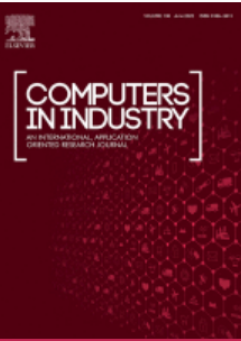WETA: Automatic taxonomy alignment via word embeddings

Lexical taxonomies are widely used to foster information retrieval and exchange in several domains and applications. When there are multiple taxonomies, heterogeneity among them is a severe problem for efficient collaboration processes. In this paper, we propose WETA, a domain-independent, knowledge-poor method for automatic taxonomy alignment via word embeddings. WETA associates all the leaf terms of the origin taxonomy to one or many concepts in the destination taxonomy, employing a scoring function, which merges the score of a hierarchical method based on cosine similarity and the score of a classification task. WETA is developed in the context of an EU Grant aiming at bridging the national taxonomies of EU countries towards the European Skills, Competences, Qualifications and Occupations taxonomy (ESCO) using AI Algorithms. The results, validated within the EU project activities for bridging the Italian occupation taxonomy CP and ESCO, confirm the usefulness of WETA in supporting the automatic alignment of national labor taxonomies. WETA reaches a 0.8 accuracy on recommending top-5 occupations and a wMRR of 0.72. WETA reduces the human effort needed for building a mapping from scratch: it would allow domain experts to concentrate on the validation task and decrease the incoherence due to multiple judgments. It would also make the approach reproducible and transparent to policymakers.
Access the article here.
This article contributes to the broader collection of external ESCO publications, showcasing the use of ESCO within various methodologies or its presentation in both European and International contexts. As ESCO becomes increasingly used in applications and research projects across Europe and beyond, it is valuable to collect such sources and share best practices by diverse stakeholders. Therefore, this collection of external publications strengthens the exchange of knowledge within the ESCO community and can contribute to mutual learning in the field of skills, occupations and qualifications among European and international actors. If you are interested in sharing your publication, please write to EMPL-ESCO-SECRETARIAT@ec.europa.eu
